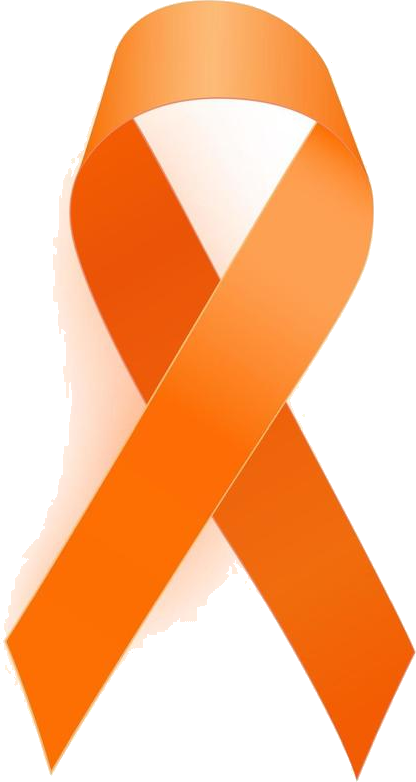The specialist in digestive diseases must have acquired theoretical, scientific and professional knowledge in the field of epidemiology, pathophysiology, clinical, prevention and treatment of diseases and cancers of the digestive system, liver, bile ducts and exocrine pancreas. During the years of training, the residents will also acquire skills in the field of endoscopic digestive tract and instrumental diagnostic procedures.
The compulsory activities are:
follow at least 250 patients distributed among the main gastroenterological, hepatic, biliary, pancreatic and nutritional pathologies of which at least 1/3 is neoplastic;
present at least 40 clinical cases in the School’s educational meetings;
Perform actively under supervision and acquired progressive autonomous at least 200 esophagogastroduodenoscopy with at least 20 ligation of varicose esophageal, 25 hemostasis, and 25 polypectomies;
Perform at least 200 total colonscopies, of which 1/3 is completed by polypectomy;
Perform at least 30 ultrasound-guided liver biopsies and/or abdominal puncture;
actively participate in the execution of at least 200 diagnostic echographs of gastroenterological interest with execution of at least 1/3;
have actively participated in an appropriate number of the following activities: therapeutic endoscopy, ecoendoscopy, retrograde colangiopancreatography, stent placement, stenosis dilatation and mucosectomy;
have participated in an appropriate number of manometric procedures;
have conducted an adequate and appropriate number of clinical feeding interventions (enteral and parenteral) under supervision;
have conducted an adequate and appropriate number of proctological procedures under supervision;
Have participated in the clinical management of pre and post liver transplant patients.


